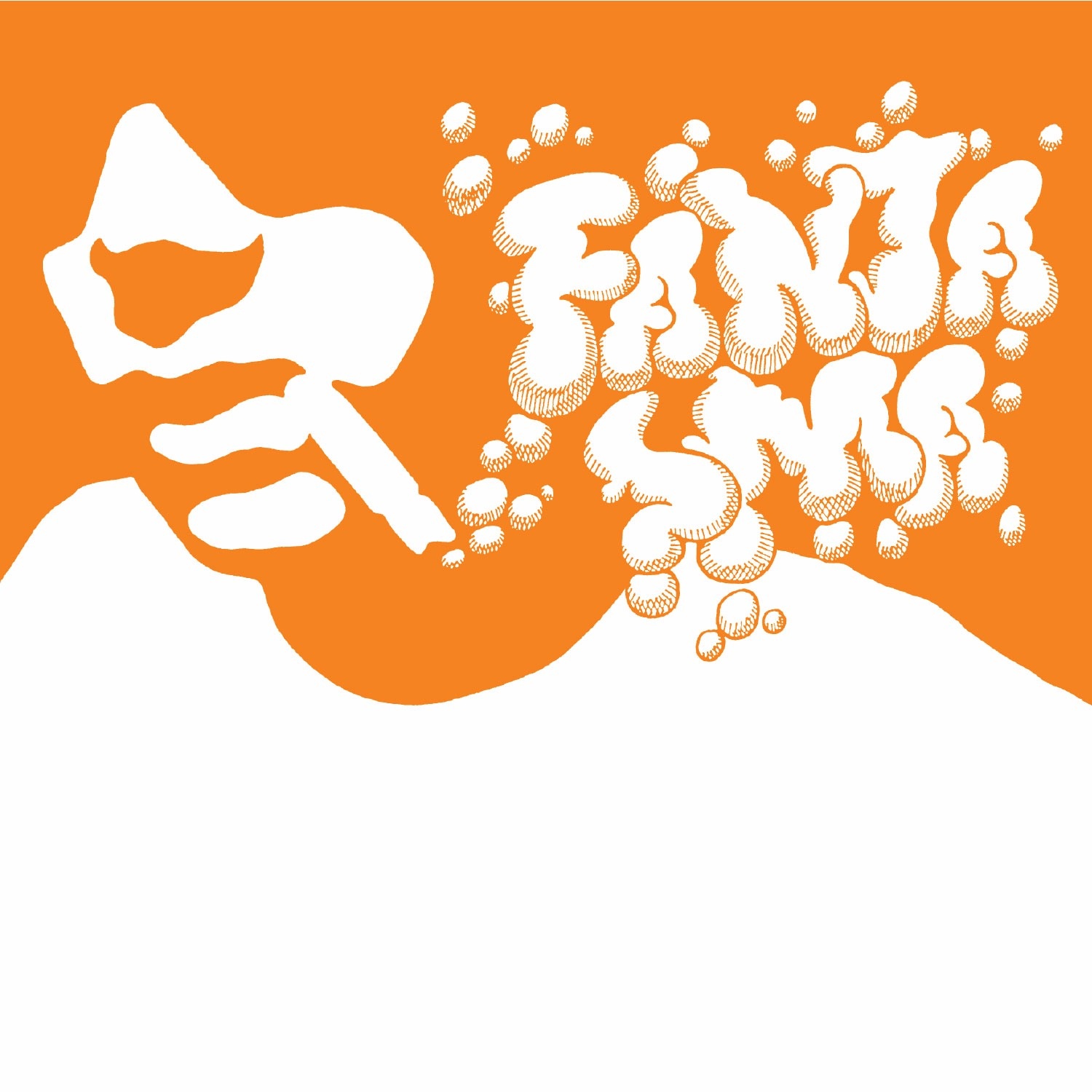Cornelius
Fantasma
LEFSE/POST MODERN
9/10
It was nineteen years ago that Japanese producer and musician Cornelius released his third album, Fantasma—a weird and wonderful record that defied categorization and which was so far ahead of its time it was almost otherworldly. Nearly two decades on, it remains just as far ahead of its time and as equally unclassifiable, its thirteen tracks weaving playfully in and out of genres. That could be the gentle but glitchy strains of “Star Fruits Surf Rider;” the full-throttle energy of “Free Fall,” which injects its rock aesthetic with oddball electronica; or the nearly eight epic minutes of “God Only Knows,” which steadily builds into a plaintive, layered lament full of samples and sonic idiosyncrasies that ensure the listener is always on their toes, unable to settle into the somnambulistic lilt buried deep down at the bedrock of the song.
That, though, is very much the nature of this album—it’s more a collage of feelings than it is a collection of conventionally structured songs, an overwhelming tour de force of inventive, cerebral eccentricity that becomes increasingly defined by its own indefinability. As such, the record’s penultimate track “Thank You for the Music” seems to traverse the entire spectrum of recorded music, past and future, taking in The Beatles and Dylan at the same time as classical and orchestral leitmotifs before descending into a mess of futuristic electronic noise. There’s no space anywhere, no room to take a breath or for your ears to rest—they’re constantly working. To that extent, even two decades later, there’s always something new to discover on Fantasma, even if that’s the tiniest slice of previously unheard noise.
This remastered reissue also boasts four unreleased tracks which expand the sonic reach of the original record. “Taylor” is an almost DJ Shadow–esque cut-and-paste medley of beats, samples, and horns that swell with agitated restlessness, while the lethargic dreaminess of “Lazy” is a dose of gentle loveliness. But it’s the delicate whimsy of “Typewrite Lesson”—which literally creates a tune from what sounds like a recording of an old-school typewriting lesson—that really stands out. Conversely, the bleeps, bloops, and repetitive beats of “Ball in Kick Off” are more aggravating and annoying, making it this reissue’s only weak link. Yet it also re-establishes and accentuates the idea that then, now, or in another twenty years, this experimental, quirky record needs to be actively listened to in order to be truly appreciated. The payoff is worth it.
https://youtu.be/BszGwCRdnWE







